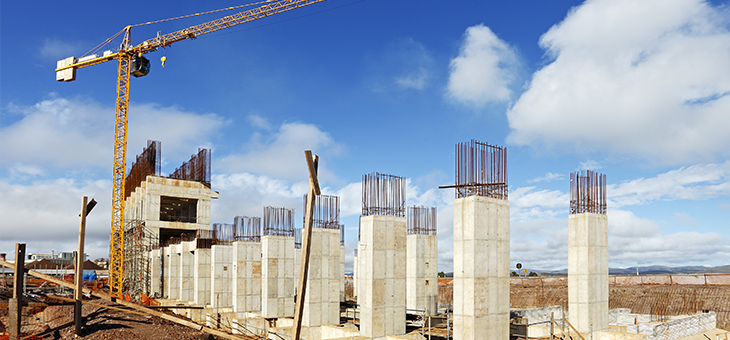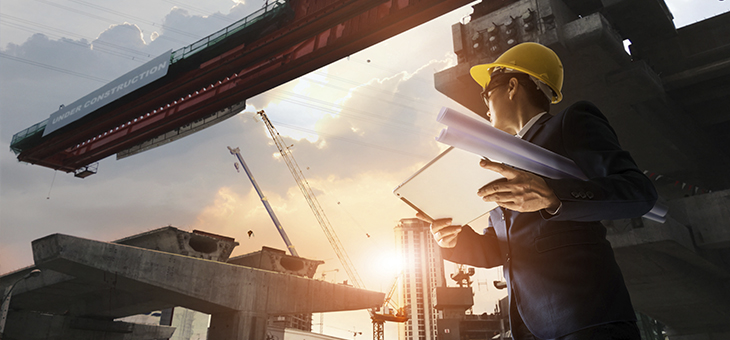In the early hours of November 15, 2021, the current American president Joe Biden signed the enormous 1 trillion dollar bipartisan Infrastructure Investment and Job Acts bill, which was one of the major plans and tasks his government proposed. The bill signing ceremony was held on the white house south lawn with notable republican and democratic lawmakers present.
The bill, which was first passed by the Senate by a 69 to 30 vote in August and finally passed by the house on November 5, is set to deliver record-breaking investments.

Although the bill is broad and covers a lot of areas, the main points of the bipartisan Infrastructure Investment and Job Acts bill are:
Roads, bridges, and related projects
This aspect is receiving the bulk of the money, which is about $110 billion, and is set to make history as the largest bridge system Investment since the Interstate bridge system was carried out.
Public transit
The public transit infrastructure which has been lacking has been given a massive boost, with an $89.9 billion funding.This is the largest ever investment in Public transit, with funding to span the next five years.
Passenger rail
The bill is set to invest $66 billion in passenger rails, the largest ever investment since Amtrak.
EV infrastructure, Electric buses.
The bill also aims to improve the number of electric chargers across the country with about $7.5 billion to build a national EV network which would also drive national demand and develop electric industries and provide jobs. The bill also invests $5 billion in zero-emission and clean electric school buses promoting clean energy transmission.
Resilience Water infrastructure and Clean drinking water
With the increasing number of water-related disasters across the country, the bill invests $50 billion to fight droughts, floods, and wildfires. It is the largest investment in natural systems ever. There is also a $55 billion investment in making clean drinking water available for every American home, mainly by replacing service lines, faulty pipes, e.t.c.
Broadband internet
Due to the covid-19 pandemic, a lot of homes had been left with poor or zero internet access, and having recognized good internet as a must-have for jobs, learning, and communication, the bill invested $65 billion on providing broadband internet for all American homes and to ensure all homes are internet-connected, the same way the effort was made to provide every American home with electricity many years ago. The bill also aims at lowering prices for internet services.
Job Creation
With all the infrastructure and Investments, local demand for products and workforce is set to be increased, and economic growth is in sight. The bill is projecting about 2 million jobs a year to increase labor force and employment rate.
The Infrastructure Investment and Job Acts bill is set to span five years, and it is part of the two-part economic agenda of the current president. The second part, which is termed “human” infrastructure which involves family care and the climate crisis, is set to go for hearing.


